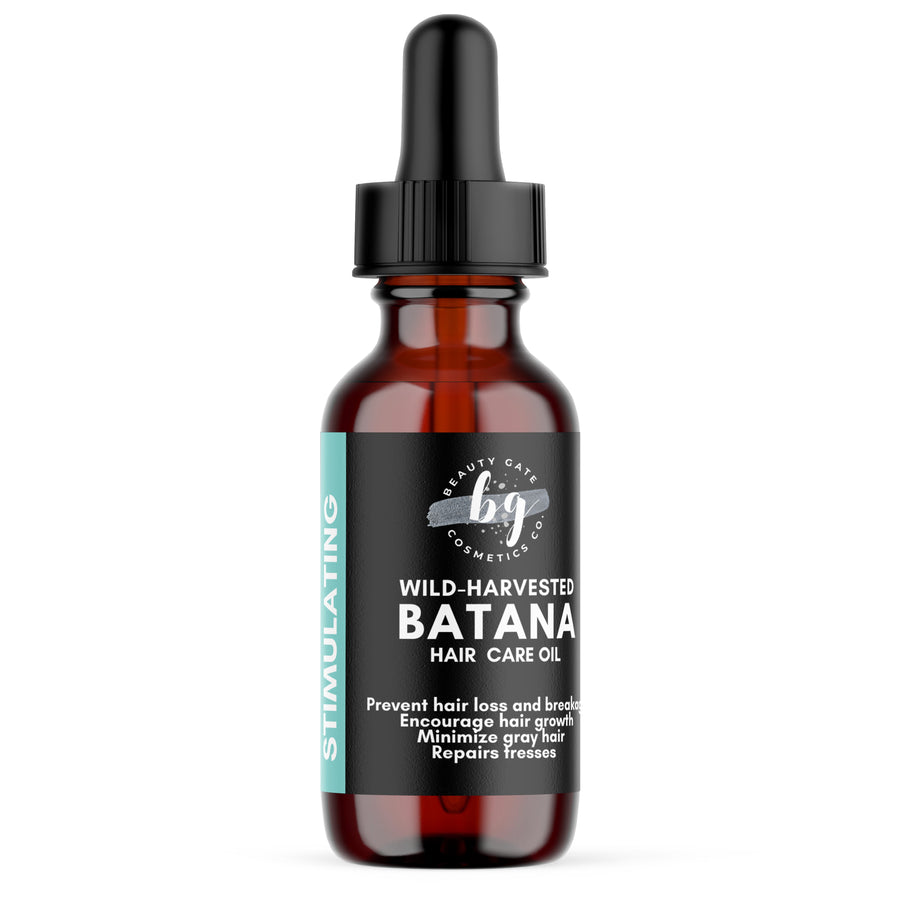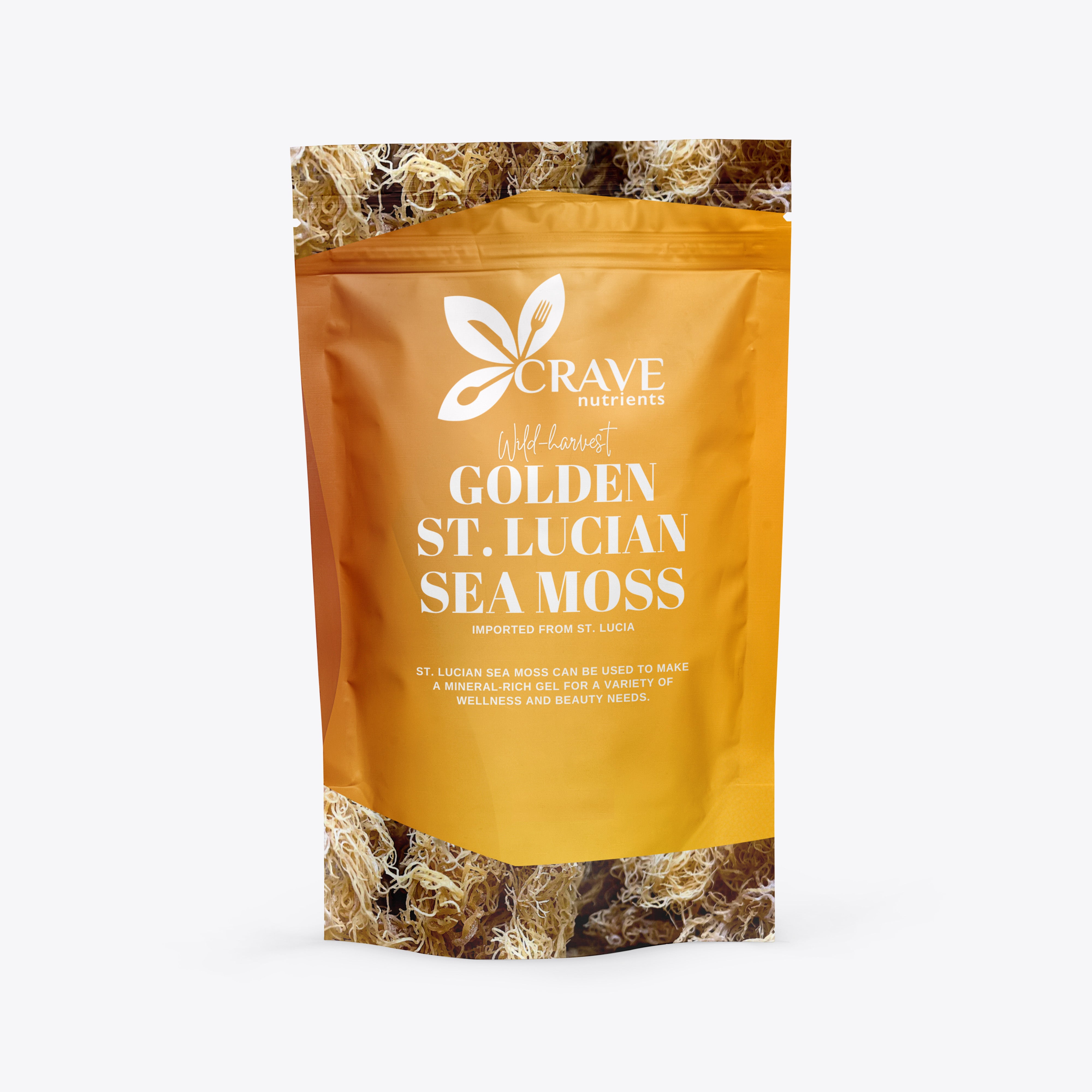Chondrus Crispus: Key Facts and Sources
Chondrus crispus, also known as Irish moss, is a type of red seaweed that is commonly found along the rocky shores of the Atlantic Ocean, including the coasts of North America and Europe. This seaweed has been used for centuries for its medicinal properties and is also commonly used as a food additive.
- https://www.ncbi.nlm.nih.gov/pmc/articles/PMC6468639/








Leave a comment